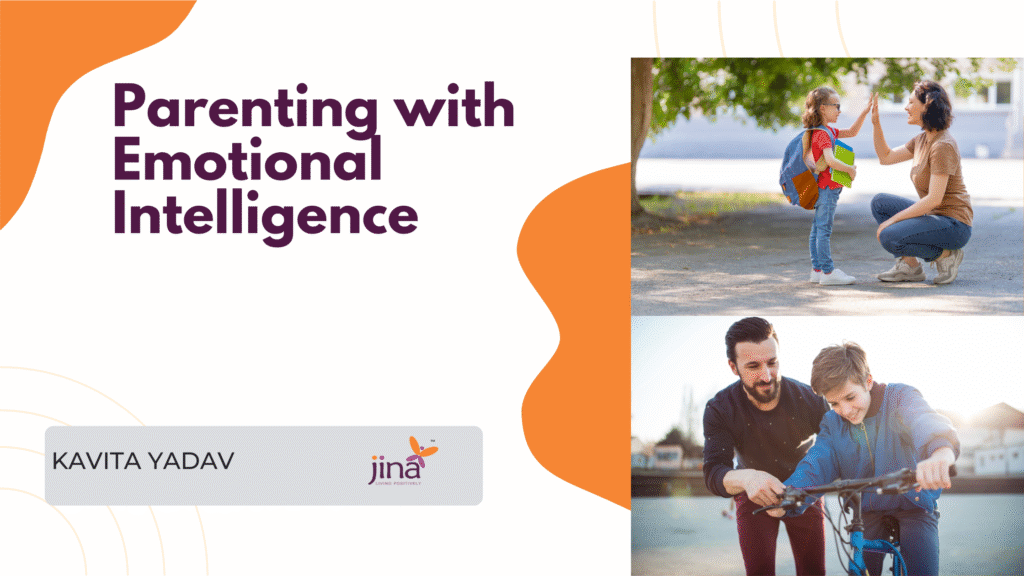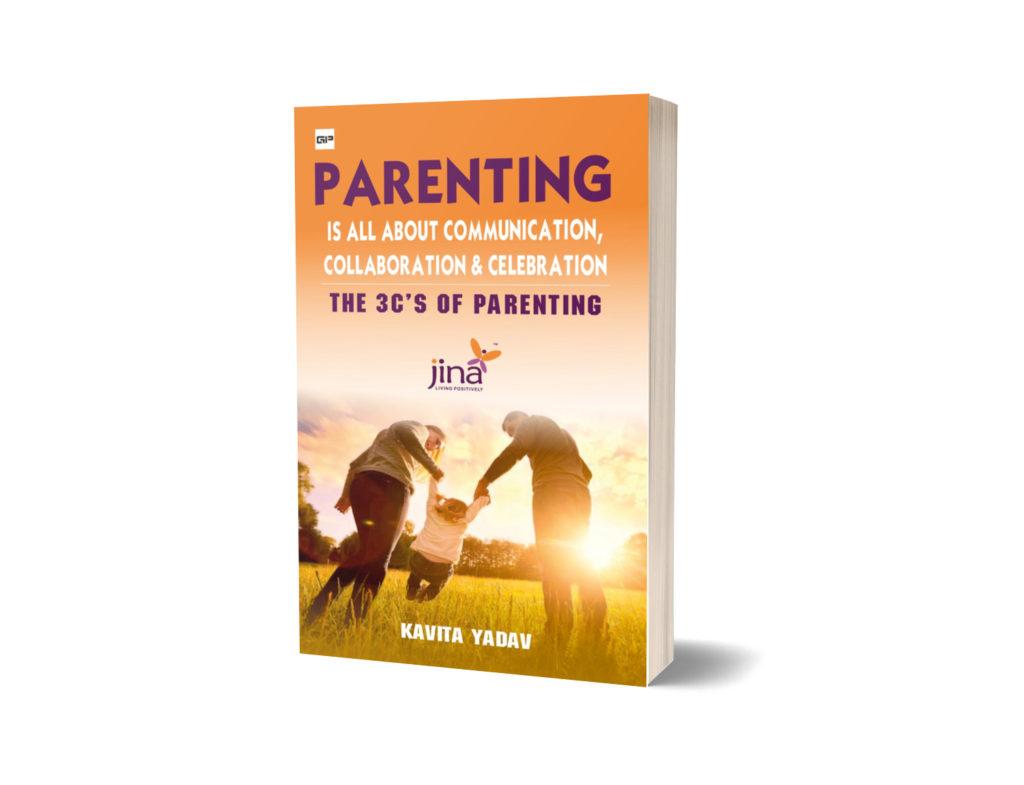“Behind every difficult behaviour is a feeling waiting to be understood, not punished.”
In today’s fast-paced and performance-driven world, parenting has become more than just providing and protecting. It is about emotionally connecting.
But how many of us, as parents, truly understand what this buzz around emotional connection is all about? And more importantly, how many of us practise Emotional Intelligence in the way we raise our children?
What is Emotional Intelligence, Really?
As per Oxford Dictionary, “Emotional Intelligence is the capacity to be aware of, control, and express one’s emotions, and to handle interpersonal relationships judiciously and empathetically.”
Emotional Intelligence (EI or EQ) is the ability to recognise, understand, manage, and express emotions both in ourselves and in others. It also includes using this awareness to manage relationships judiciously and empathetically.
In the context of parenting, emotional intelligence is not about being soft. It is about being aligned. It is knowing when to offer support, when to step back, when to set limits, and how to respond instead of react.
Do Parents Understand Emotions or Just Their Own?
A common trap many parents fall into, often unintentionally, is focusing only on how they feel, without tuning into how the child is feeling.
For example:
A child throws a tantrum after school. The parent, already tired from work, yells back, “Why are you being so difficult? Can’t you behave for once?”
But under that tantrum could be tiredness, hunger, social overwhelm, or even anxiety from a tough classroom interaction.
The question to ask is not “Why is my child behaving like this?” but “What is my child feeling right now?”
Why Is Understanding Emotions So Crucial in Parenting?
When parents model emotional intelligence, children learn it not through lectures, but by absorption. It matters because it helps to maintain:
1. Stronger parent-child bonds
Children feel seen and safe. This reduces emotional distance and builds trust.
2. Better emotional regulation in kids
Kids mirror what they experience. Calm, reflective parenting leads to calmer, more regulated children.
3. Higher self-esteem and resilience
When children grow up being heard and understood, they develop a stronger sense of self-worth.
4. Lower risk of anxiety and behavioural issues
Emotionally validated children learn to process rather than suppress feelings.
Let us understand with the help of a few real-life examples:
Example 1: School Pressure
In many households, academic achievement is seen as paramount. A teenager scoring below expectations may face scolding or comparison.
An emotionally intelligent approach would be:
“I can see you are disappointed. Want to talk about what happened? What do you think you can try differently next time?”
This not only opens up dialogue but also encourages problem-solving.
Example 2: Gender Expectations
A young boy crying may be told: “Ladke rote nahi hain” (Boys don’t cry).
Instead, an emotionally aware parent might say:
“It’s okay to feel upset. Do you want to talk about what’s bothering you?”
This simple shift helps dismantle generations of emotional suppression, especially among boys.
Example 3: Working Mothers and Guilt
A mother who returns home late from work may overcompensate by saying yes to every demand.
She can use, emotional intelligence and respond:
“I missed you too. Let’s spend some time talking before dinner. I want to hear all about your day.”
It blends boundaries with connection.
In a World Obsessed with IQ, Raise a Child with EQ
Emotional intelligence is not an “extra” skill for parenting rather, it is central to raising children who are emotionally secure, mentally healthy, and socially responsible.
It starts with us, how we manage our own triggers, how we listen, and how we respond. Children do not need perfect parents. They need emotionally present ones.
Are you ready to start from today?
One moment at a time.
- The next time your child is upset, pause before reacting.
- Name the emotion you see, “You seem angry/sad/worried right now.”
- Ask yourself: What does my child need right now, discipline, comfort, space, or connection?
And most importantly, remind yourself:
Your emotional awareness is your child’s emotional inheritance.
Parenting is a journey of connection and growth. If you’d like to share your experiences or have questions about emotional intelligence in parenting, feel free to reach out at kavita@jina.co.in or leave a comment below. Let’s navigate this together.


